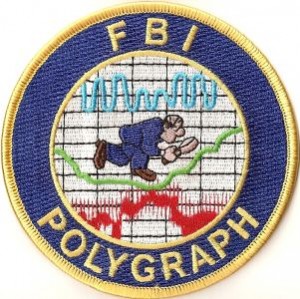Dennis Engbarth reports for Inter Press Service on the case of Chiang Kuo-ching, a Taiwanese airman who was executed in 1997 for the rape and murder of a five-year-old girl. Military investigators tortured a confession out of Chiang after he failed to pass a lie detector “test.” Since then, DNA evidence and a palm-print have incriminated a different person.
The following is an excerpt from Engbarth’s report for IPS:
After a three-month retrial, Ministry of National Defence northern district military court judge Liu Yu-wei announced on Sep. 13 that a panel of three military judges had found that Chiang Kuo-ching, who was 23 at the time of his execution was “not guilty” of the rape and murder of a five-year-old girl at an Air Force headquarters complex in Taipei city in September 1996.
The court stated that Chiang had been “locked in” as the prime suspect after failing to pass a lie detector test administered by Investigation Bureau agents, and acknowledged that Air Force counter-intelligence agents acting under the orders of then Air Force Commander and later defence minister Chen Chao-min had “used improper methods to obtain a confession from the defendant and used the confession to bolster weak forensic and physical evidence.”
UPDATE: Earlier this year, the Taipei Times reported that:
Chiang and three other suspects were arrested, but Chiang was the only one who did not pass a lie detector test.
The military subsequently sent in counterintelligence officers, who subjected him to various forms of torture and extracted a confession from the young airman.








